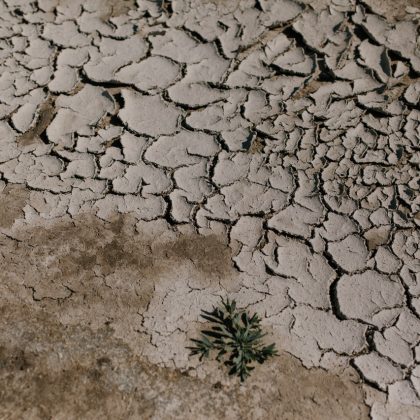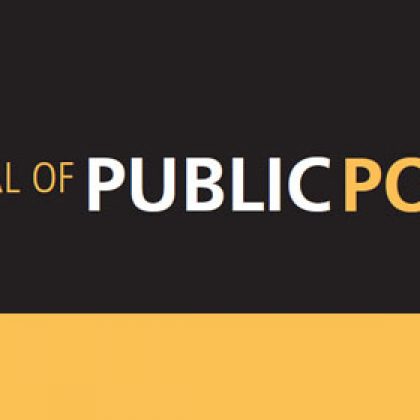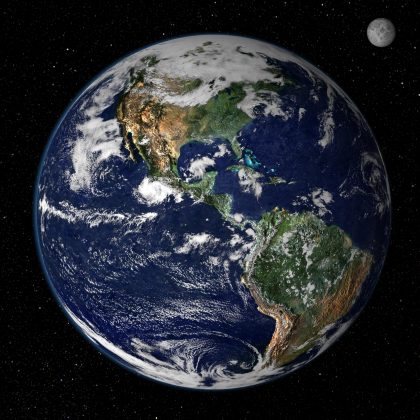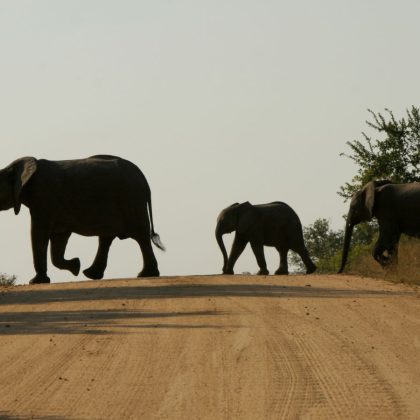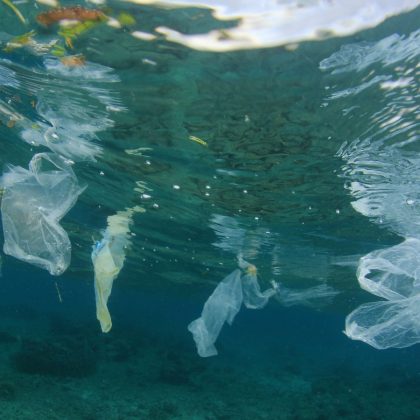Climate change and risks to fossil fuel industry: sustainability train has left the station
Two seminal articles by energy experts in the latest issue of MRS Energy and Sustainability (MRS E&S) examine the climate-related risks facing the fossil fuel industry and conclude that the sustainability train has already well and truly left the station – and is not coming back.




